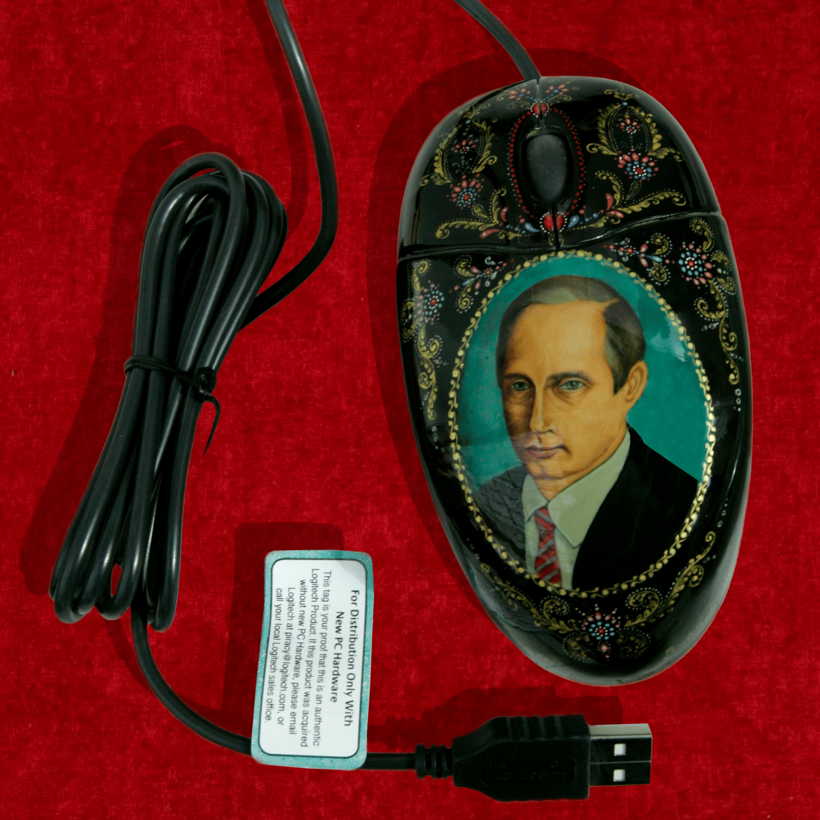This is a story I’ve never told before.
I once appeared on Russian state TV. The subject was spies.

A Boston-based thriller writer on the break-in that followed his appearance on a Russian propaganda outlet
This is a story I’ve never told before.
I once appeared on Russian state TV. The subject was spies.